Hemp prolongs the Life of Honey Bees, according to a New Study
Hemp keeps honey bees young: A new study has shown that hemp extracts significantly extend the life of honey bees by providing them with powerful antioxidants.

Hemp keeps honey bees young: A new study has shown that hemp extracts significantly extend the life of honey bees by providing them with powerful antioxidants.
Yes, at Signature Products we not only love hemp, but also bees! As pollinators, they play a central role in many ecosystems and in the life cycle of agricultural plants. They ensure that other creatures along the food chain are also well taken care of and find shelter by supporting the growth of trees, flowers and other plants.
It is estimated that 80 percent of the world's 109 most important crops require a pollinator to reproduce, and we humans also rely heavily on pollinators, as most of our food comes from flowering plants. Every third bite of our food, including fruits, vegetables, spices and nuts, is made with the help of pollinators. The honey bee is also the only insect that produces food for humans. So to say that bees are essential to our own survival is an understatement. However, due to increased susceptibility to parasites and widespread use of pesticides, bee populations have declined sharply.

As we already noted in a previous article, there is a favorable relationship between the miracle plant and these special creatures. Indeed, previous studies have shown that the plant has the potential to provide an important food source at times when other food sources are scarce.

A study conducted in Colorado concluded that bees are uniquely attracted to hemp. According to another study by Cornell University, published in the journal Environmental Entomology in 2018, researchers collected also surveyed bees at 11 hemp farms in the Finger Lakes region of central New York in the summer of 2018 to determine which ones are attracted to hemp and to analyze the effects of landscape composition.
Among other things, it was found that the height of a hemp plant correlates strongly with the abundance of bees and that those with a height of at least two meters attract almost 17 times as many bee visits as shorter plants.
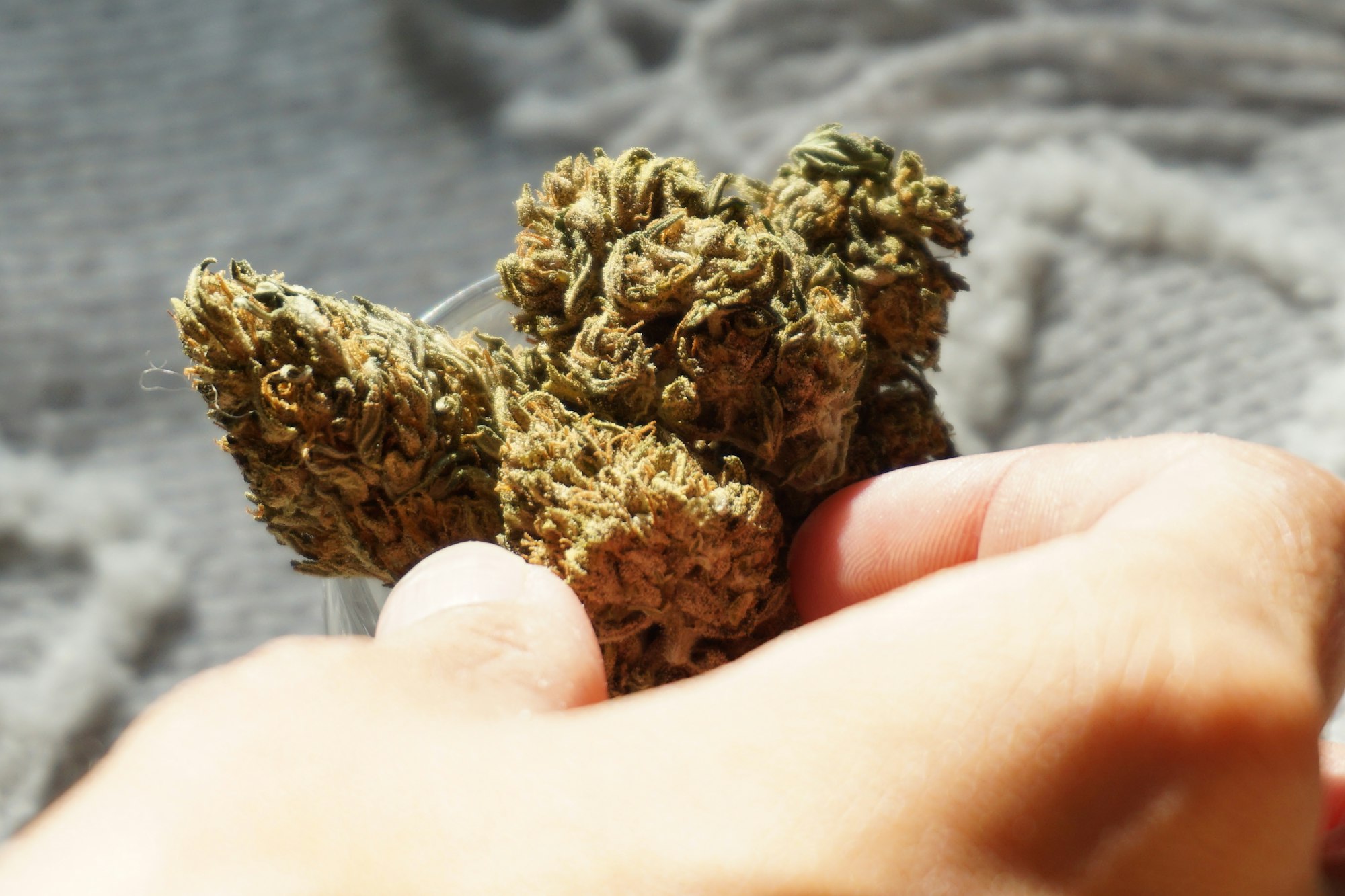
Not only the number, but also the diversity of bees found visiting hemp increased with plant height. So, the taller the hemp plant, the more benefits it can offer to the environment as it appears to be even more attractive to bees. Growing purpose also plays a crucial role: the best hemp plants for these important pollinators are those grown for seed and fiber.

Thus, while industrial hemp does not produce nectar, it still offers a sustainable dietary option for bees during harvest time. In fact, during a period of flower shortages in agricultural landscapes, the plant produces an abundance of pollen instead. Honey bees collect pollen as food for the entire colony and pollinate plants in the process. Thus, hemp can become very important for bees during this period, even if honey is not produced directly from pollen but from nectar, a sugary liquid. Consequently, honey cannot be produced directly from hemp either, but there are already producers of honey enriched with hemp extracts or CBD oil out there.

Hemp pollen can be accumulated on the legs of the bee, which moves from one hemp plant to the next and thus fertilizes it. Back in the hive, the remaining pollen serves as a food source for the entire colony. Honey bees have a wide range of nutritional requirements including vitamins, minerals, lipids, proteins and carbohydrates. Honey bees need these nutrients for the care of their young, the development of young workers and the overall survival of a colony.
Pollen is considered a bee-friendly, protein-rich food. When worker bees collect and store significant amounts of pollen, a colony is no longer forced to seek alternative protein sources. So while hemp doesn't have the distinctive bright colors, enticing aromas, and other alluring qualities that attract insects and other pollinators, it still provides them with large amounts of nutrient-rich pollen at a time of year when there's usually a shortage.
Watch our video on this exciting topic and learn how bees can actively use the hemp plant as a food source:
We already know a lot about the benefits of hemp crops and how they directly affect the welfare of bee colonies. They can also indirectly help maintain sustainable ecosystems and environmental health by supporting the bee population. Therefore: the more hemp we grow, the more benefits we can provide to bees and other vital wildlife species.
Hemp extracts - a life-prolonging food source for bees?
Research into how the hemp plant benefits bee life continues this year as well. Just recently, in April 2022, a new Polish study was published, which found that feeding hemp extracts to honey bees had an impressive effect their antioxidant system and even prolongs their life: Not only are they supplied with the necessary antioxidants, but their aging process can also be significantly slowed down at the same time!
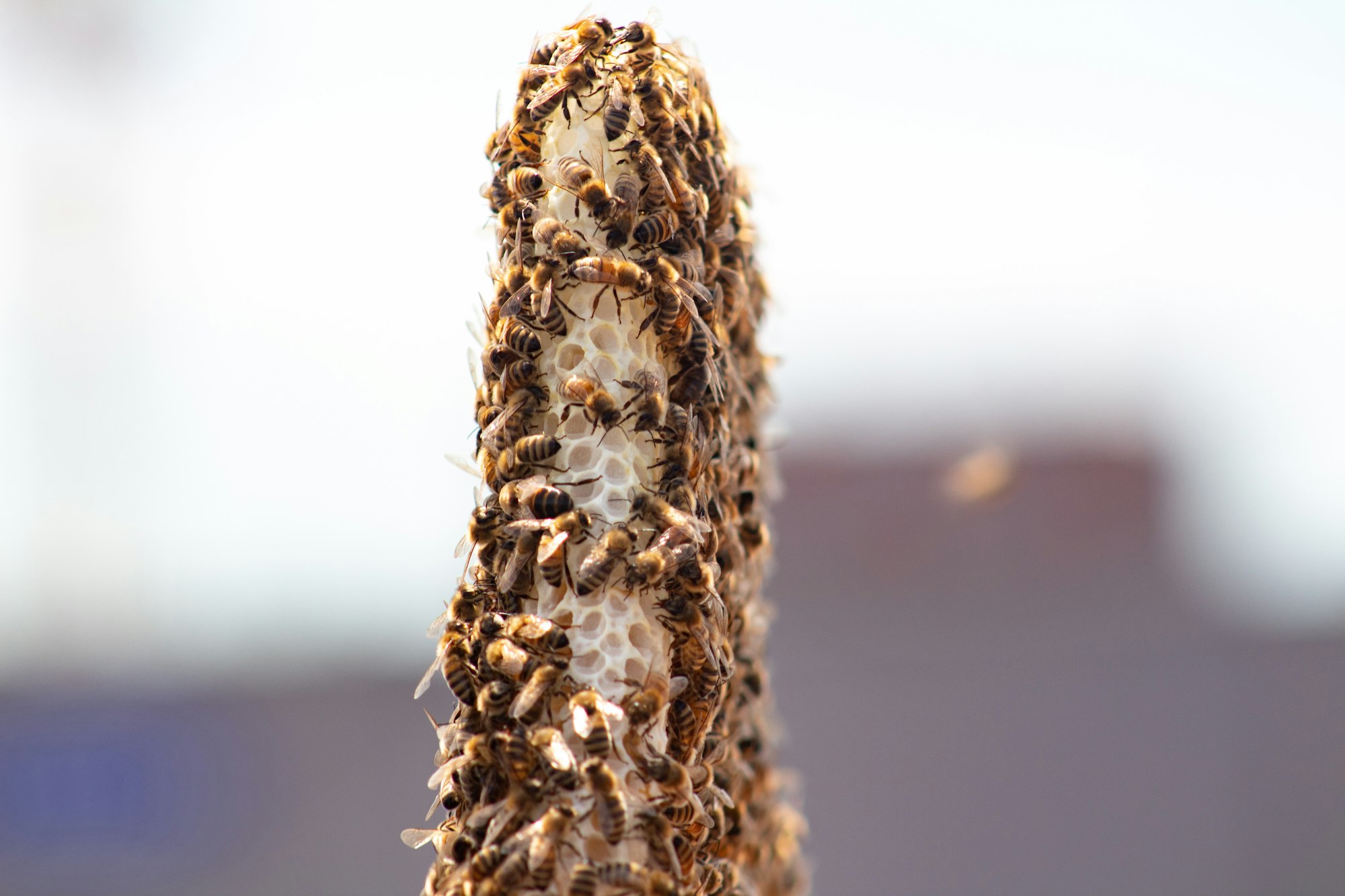
The aim of the study was to investigate what happens to the antioxidant system when hemp extract is administered to honey bees. Researchers from the Maria Curie Sklodowska University of Life Sciences in Lublin were the first in the world to study the effects of hemp extract on the activity of the antioxidant system in the hemolymph of adult honey bees (Apis mellifera). Hemolymph is a fluid equivalent to blood and is found in most invertebrates.

Their research is focused on the longevity of bees exposed to pesticides after receiving hemp extract. According to the team leader, they came up with the idea based on reports that informed about the protective effect of hemp extracts on human nerve cells and wanted to examine their effect in bees more closely. The results of the study were published in the journal Antioxidants.
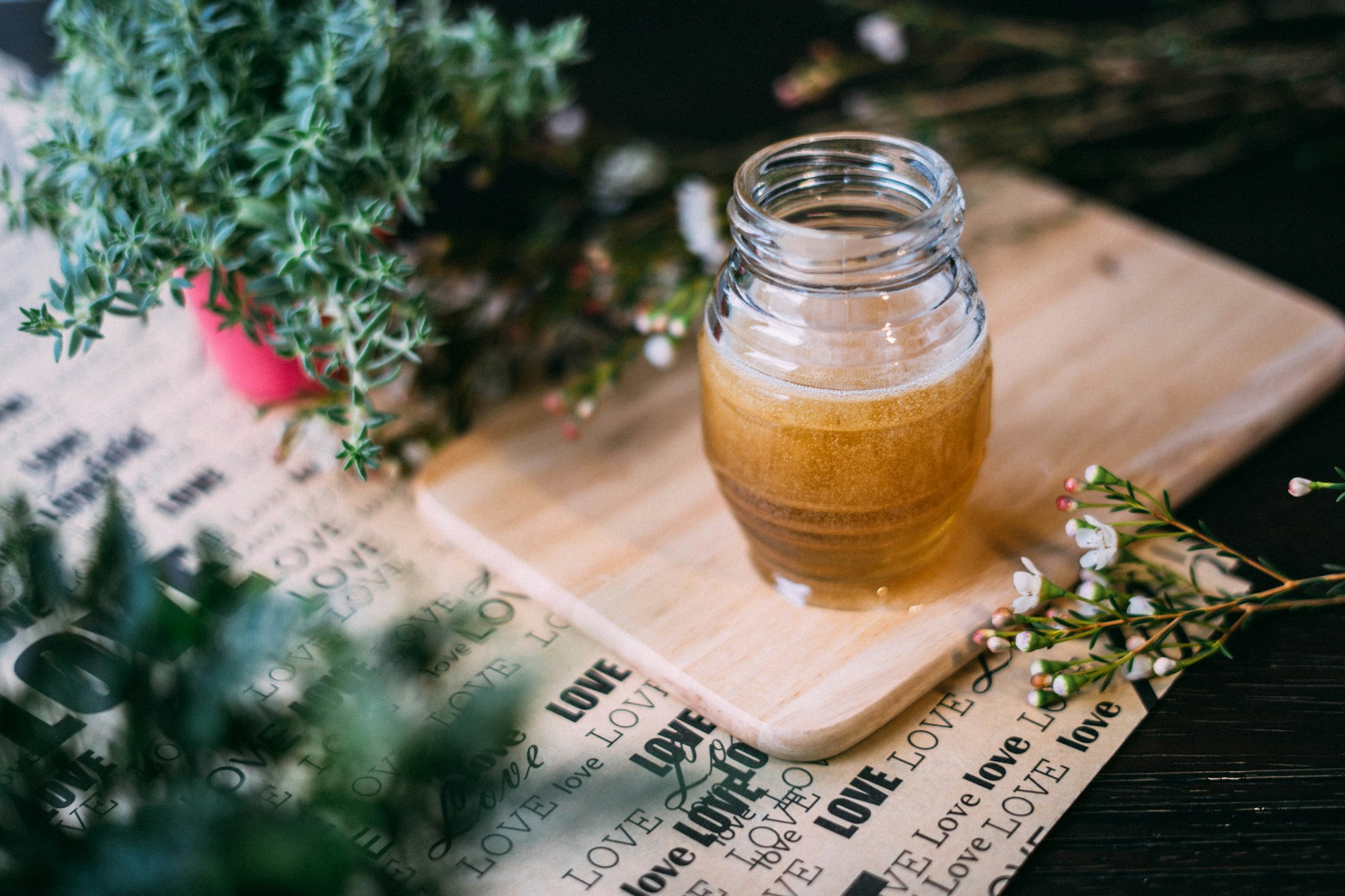
The Lublin team studied around 5,000 caged worker bees. During the study, they were divided into three different control groups. One of them was fed pure sugar syrup and a cotton swab soaked with hemp extract for a set period of time, another a mixture of sugar syrup and hemp extract administered via a syringe, and the third a mixture of sugar and water-glycerol solution . Their hemolymph - the "bee's blood" - was examined weekly. The standard lifespan of a worker honey bee is 2-6 weeks in hot weather and around 20 weeks in cooler weather. In warmer weather, this means the bees almost never live longer than 42 days.
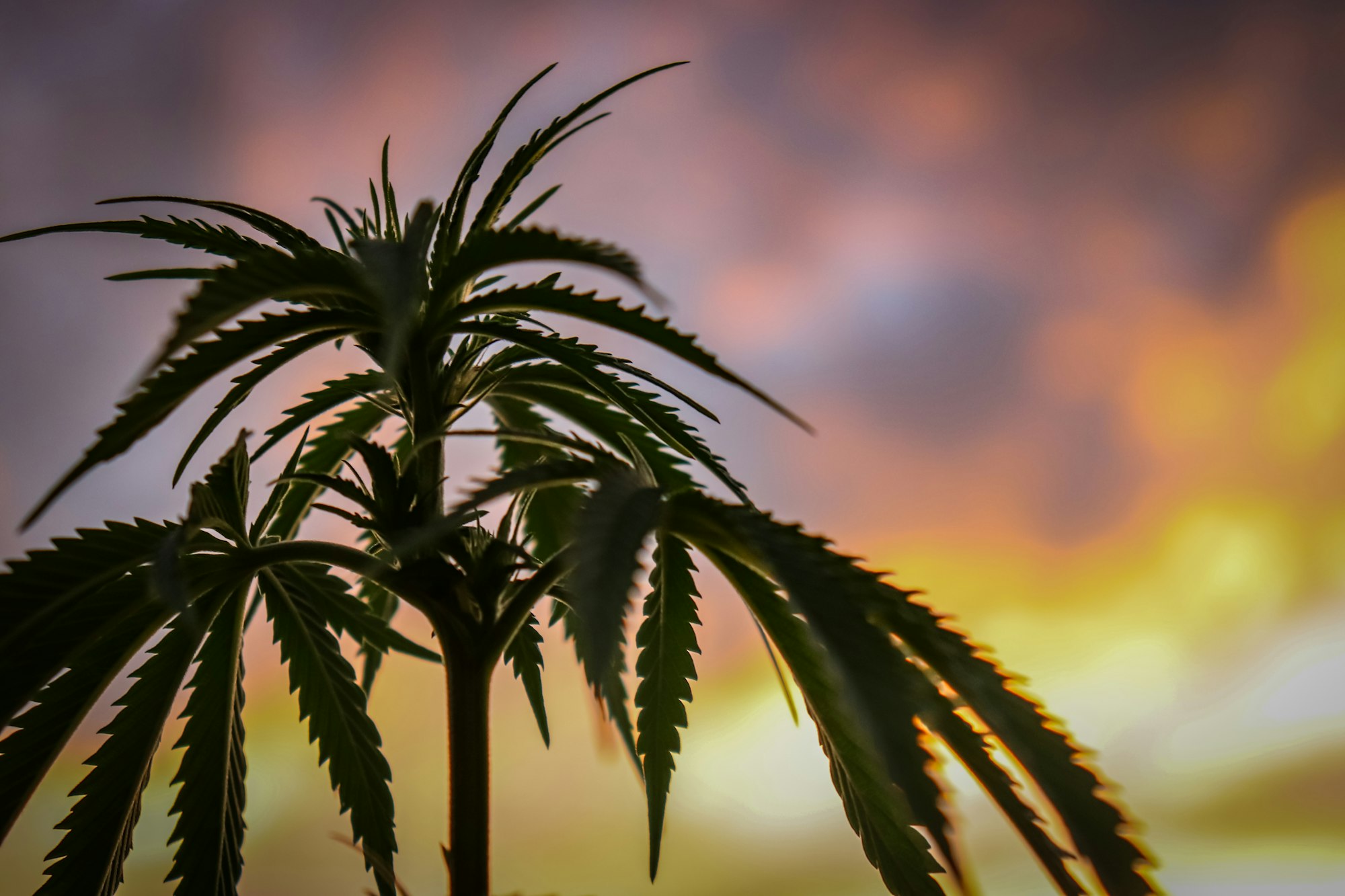
The study found that the bees in the group that was syringe-fed hemp extracts not only had the highest antioxidant activity - their lifespan was extended by 52 days. In the first group, which received sugar and hemp extracts separately, the life span was 49 days. The control group, which only ate sugar syrup, survived only 35 days.
Based on these amazing results, the Polish researchers concluded the following:
Hemp extract, thanks to its antioxidant properties, increased the activities of key antioxidant enzymes that protect the bee’s organisms against free radicals and thus delay the aging processes.
The organism is constantly exposed to oxygen-containing molecules, so-called free radicals, which put a strain on the body by attacking cells and rendering them inoperable. Caused by environmental toxins and stress, among other things, this oxidative stress can put a strain on the immune system. They can promote diseases and also be associated with various signs of aging. The antioxidants contained in hemp, also known as free radical scavengers, can counteract this by protecting our cells and thus averting serious damage.

According to various studies, hemp seeds are not only rich in nutrients, but also contain lots of natural antioxidants such as phenolic compounds, tocopherols and phytosterols. Various researchers have also identified a wide range of polyphenols in hemp, in particular Flavonoids such as flavanones, flavanols, flavonols and isoflavones. These are said to have anti-inflammatory and insecticidal effects, among other things. Tocopherols are also powerful antioxidants in hemp that can prevent the oxidation of unsaturated fatty acids.
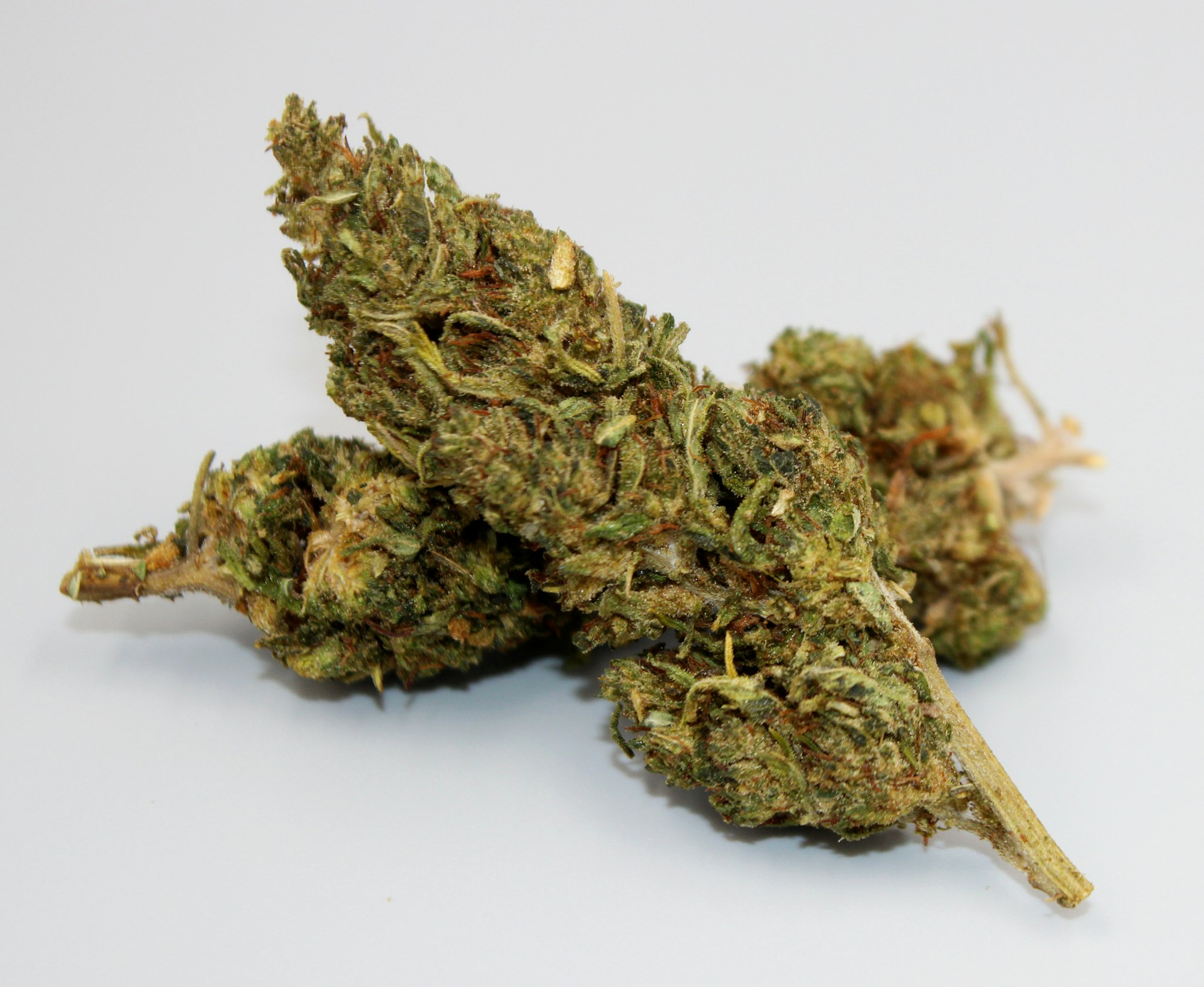
The plant could therefore serve as a healthy antioxidant source not only for bees, but also potentially for humans. However, there is more research into how hemp affects aging in animals. Another study conducted in 2021, for example, looked at the effect of cannabidiol on the lifespan of roundworms. This showed that CBD helped with resistance to heat stress, increased lifespan by 18%, and promoted a 206% increase in late-stage life activity.
Furthermore, a 2017 study also showed that a low dose of Δ 9 -tetrahydrocannabinol (THC) reversed the age-related decline in cognitive performance of mice aged 12 and 18 months to that of two months old. Unfortunately, however, the same types of studies that have been done in animals have not been done in humans before.

The University of Lublin is also currently concentrating its studies exclusively on the effects of hemp on bees. Researchers firmly believe that in the near future, hemp extracts can be targeted to enhance the natural immunity of honey bees, thus making a significant contribution in the fight against the increase in oxidative stress and other pollution-related diseases.
According to the researchers, hemp extract can also help bees to survive poisoning by pesticides. The tested bees, which were exposed to pesticides, lived comparatively just as long as those who had never had contact with pollutants after being fed hemp extracts.
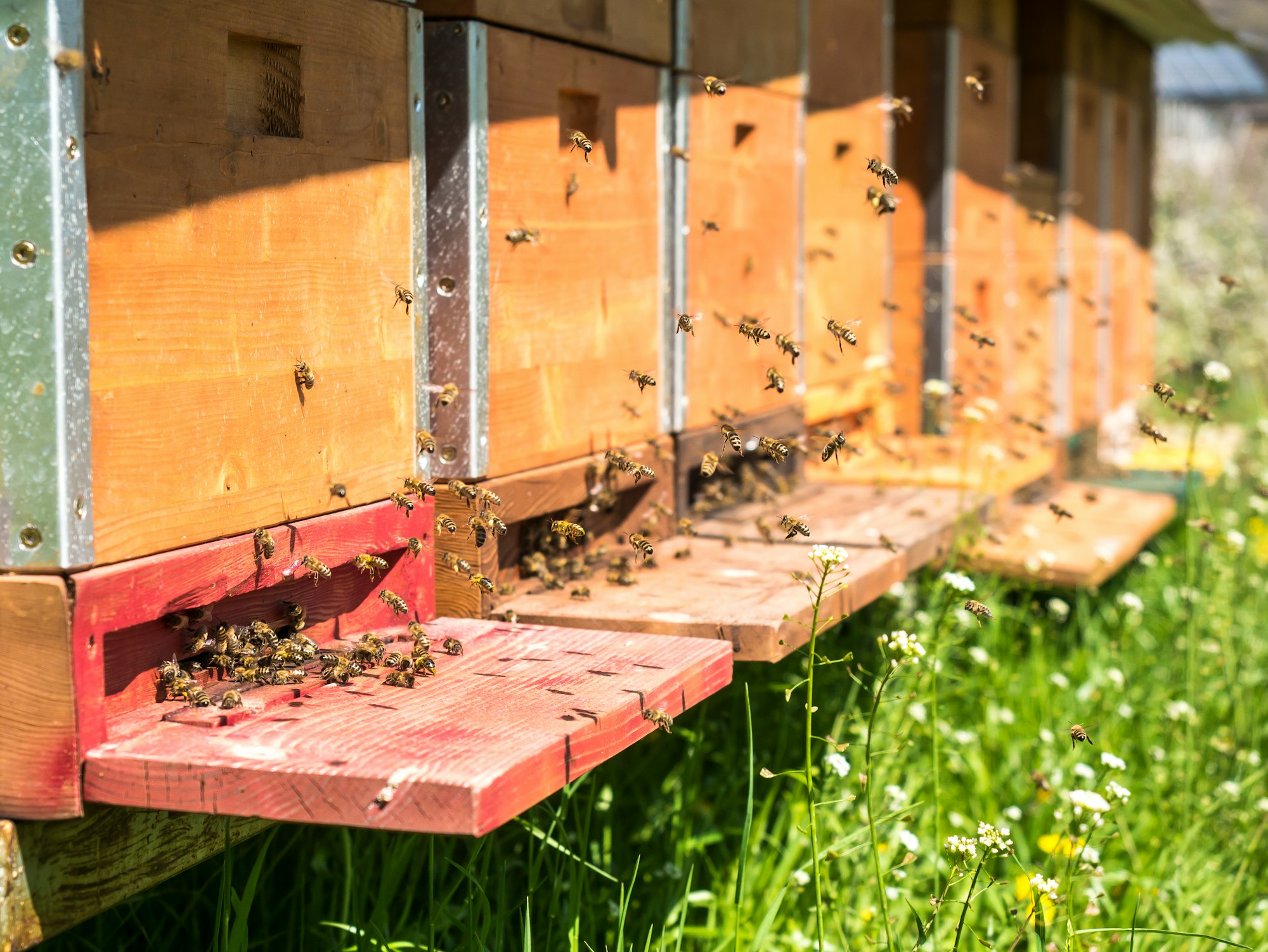
The Polish research team plans to conduct further research on bee immunity next year using hemp extracts living in apiaries at various locations. If they are successful, they want to apply for a patent and market a special hemp solution for bees.

But one thing is already clear: This discovery could lead to a major breakthrough in bee conservation given the recent issues and concerns surrounding the extinction of bee populations, and not only keep bees around the world happy and healthy, but also help protect the diversity of ecosystems they belong to.
We're excited to see how research on this topic progresses over the coming months!


